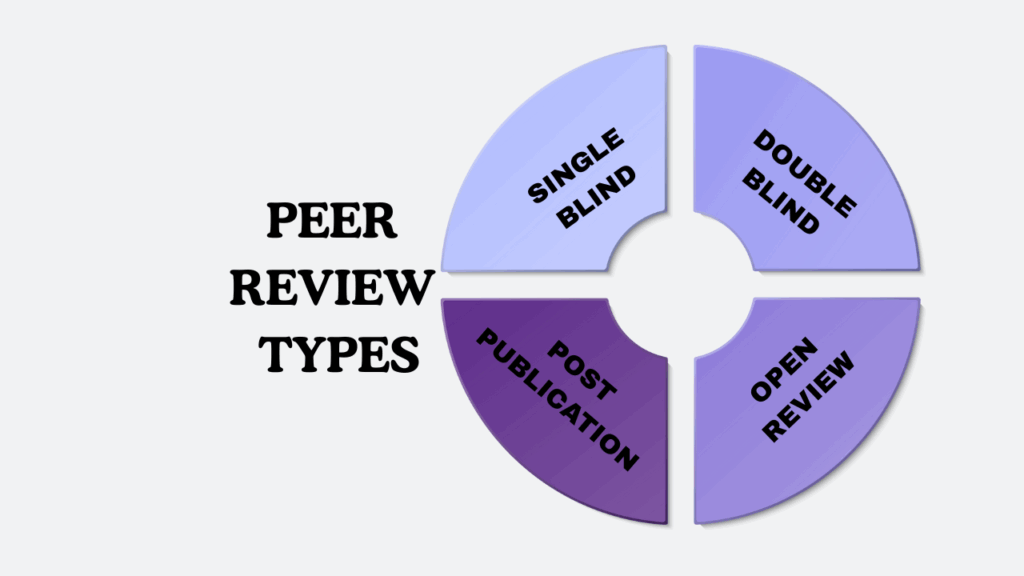Does your target journal allow more than one corresponding author? A case study

Case: The authors of a paper took the help of Editage’s publication support services for journal selection. Once the journal was selected, they submitted the manuscript online. However, after a few days, the authors came back to us saying that the paper was rejected after initial scrutiny by the editor. The reason for rejection was not related to the content or scope of the paper: the paper was rejected solely on the grounds that it had two corresponding authors.
The authors sought our advice on how to convince the journal to accept the paper with two corresponding authors. The authors did not have a problem with the journal corresponding with just one of them. They only wanted to ensure that the published manuscript mentioned the two corresponding authors.
Action: We informed the authors that not all journals allow more than one corresponding author. Additionally, the journal guidelines did not mention whether they allow this. Had the authors informed us about this in advance, we would have suggested sending a pre-submission inquiry to the journal.
We helped the authors draft a mail to the journal explaining that the authors just wanted the names of two corresponding authors in the published paper and did not mind having just one corresponding author for purposes of communication with the journal.
However, the journal refused to allow this and was not ready arrive at any compromise on the issue. The editor informed that the journal would consider the paper only if the authors agreed to have only one corresponding author’s name on the published article, which the authors disagreed to.
We then sent out pre-submission inquiries to a few other target journals mentioning that the authors wanted the published paper to have the names of two corresponding authors. One of these journals allowed more than one corresponding author. The authors submitted the paper to that journal and the paper was reviewed and eventually accepted.
Summary: While some journals allow the practice of including two corresponding authors, many journals do not. However, most journals do not mention anything about the permissible number of corresponding authors in the author guidelines. This can be a problem for authors who wish to have more than one corresponding author for their paper. In this case, the authors lost a lot of time in formatting the paper according to the journal guidelines and preparing for submission, only to be rejected because of the issue of two corresponding authors. It is always preferable to send in a pre-submission inquiry to a journal to find out whether the journal allows this.
With research becoming increasingly collaborative, having more than one corresponding author for an article is not unusual. There are many reasons why two corresponding authors may be required. For instance, two different laboratories may collaborate on different aspects of a paper, and one corresponding author would be required from each lab to be able to answer readers’ questions on the two aspects. Another situation that commonly requires two corresponding authors is when the first author (who is also the corresponding author) is a PHD student or a postdoc who does not intend to remain in the same lab or even in academia for a long time. In such cases, the PI of the lab is usually the co-corresponding author who is available to answer readers’ questions or address requests for additional resources when the first author is unavailable.
Journals should also understand that with the changing face of research, authors will have changing needs. Having two corresponding authors is one such need. Journals should be more open to such changes and should at least mention their stance on this in the author guidelines.





